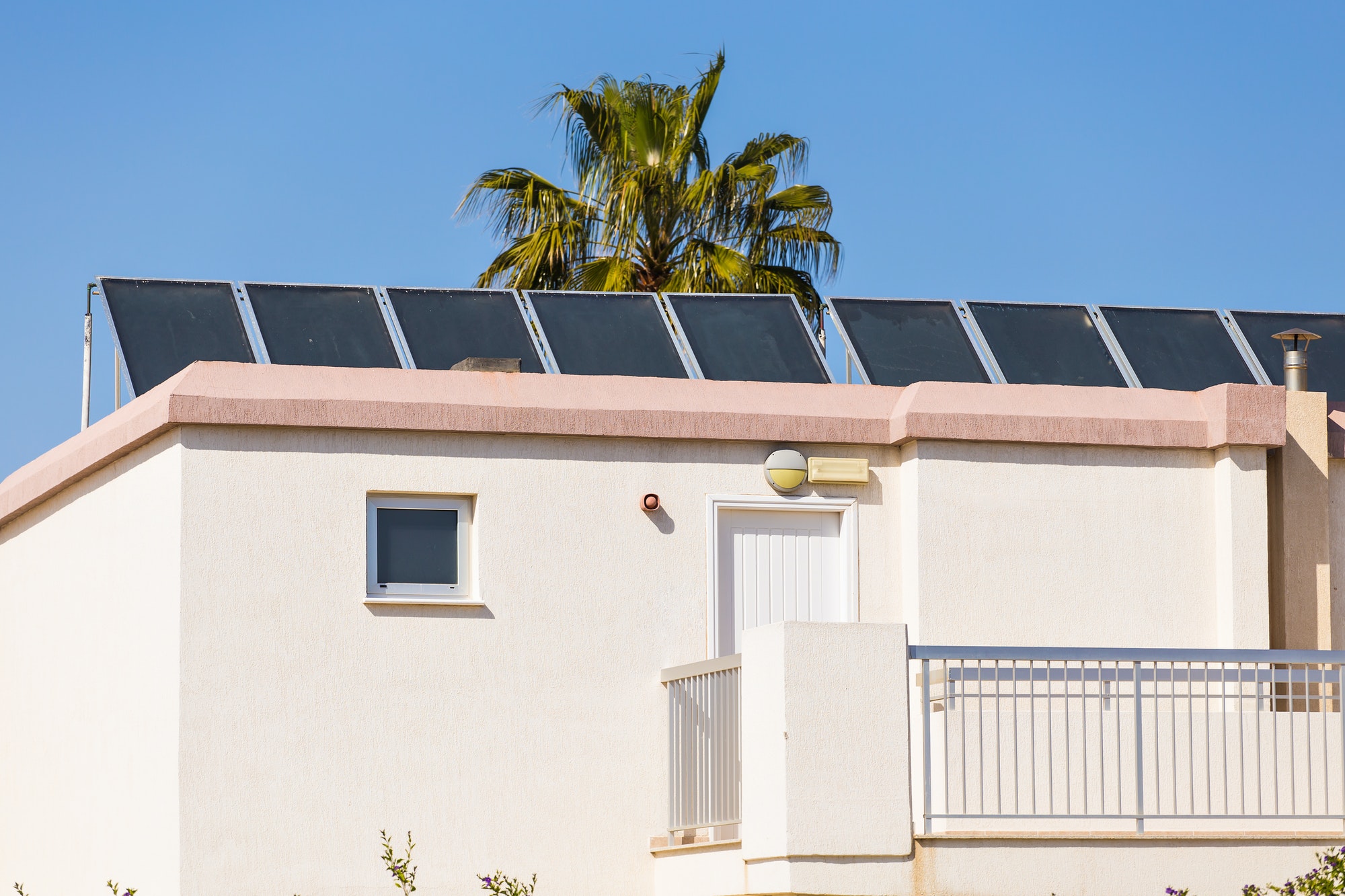Benefits and drawbacks of Residential Solar Power System
GoSolar
September 22, 2012

Benefits and drawbacks of Residential Solar Power System
Harnessing the power of the sun’s rays to develop energy to power our house is really appealing. But the concern is, “Is everything about solar energy good?”
Looking at the present cost of fossil fuel-based electrical power, it is quite sensible to convert it into a solar energy system. However, with the growing issue on the state of the earth, there is truly a requirement to discover other ways of energy aside from what power plants are using today. Where do you put yourself?
Whether you are a supporter of clean energy or just care about where your finances go, taking a look at the pros and cons of residential solar energy systems will help you select whether to convert or not.
Pros
Solar power is totally free. Did you know that the earth absorbs 174 petawatts of solar radiation? This implies that we have a sufficient source of complementary energy to power every house in the world. Regrettably, the majority of our energy is still drawn from oil, gas and coal. But recently, there is a stable boost in demand for alternative and renewable resources like solar energy. It is estimated that the need for alternative sources of energy will increase by 53% between 1999 and 2020.
Solar power is clean, eco-friendly and sustainable. Because the energy developed from the sun’s rays does not produce byproducts like those from nonrenewable fuel source power plants (sulfur dioxide, nitrogen oxide, mercury or carbon dioxide), it does not add to contamination. Accordingly, the boost in the use of solar power and other alternative forms of energy will decrease the need for greenhouse gases-producing power plants.
The rate of solar batteries is progressively decreasing. The need for solar panels has actually risen by 57% in the United States in 2007 and is progressively increasing on a regular monthly basis. The boost in demand results in the enhancement of solar technology as a whole. The costs of photovoltaic cells have actually declined by an average of 4% every year over the past 15 years.
The photovoltaic panel can be set up on most roofs, getting rid of the issue of discovering an ideal place for setup. Solar panels need little or no maintenance. The original photovoltaic cells technology is utilized for most satellites orbiting our earth today which are not maintained at all. Many solar panel makers provide 25 to 40 years guarantee on their products.
Since many locations of the country receive a significant amount of sunshine throughout the year, photovoltaic panels can be set up anywhere.
Many states in the country provide tax credits and rebates to homes that want to set up solar energy systems. Talk to us about these incentives.
Cons
On locations cities and locations with heavy contamination issues, solar power might not work as fine. Weather can also impact the effectiveness of solar energy. If it is raining, overcast weather conditions or if there is a cyclone, the solar panels’ efficiency is reduced.
You are just producing energy throughout the daytime.
These are general advantages and disadvantages you may experience when thinking about the conversion to a solar energy system. It would be best if your choice is based upon place, expense, budget, rebates, tax credits and practicality.
Call Free
(844) 213-49-27
Call Free
(844) 213-49-27
Ready To Save?
We have solar experts ready to take your call. Find out how much you could save on your energy bill today.
